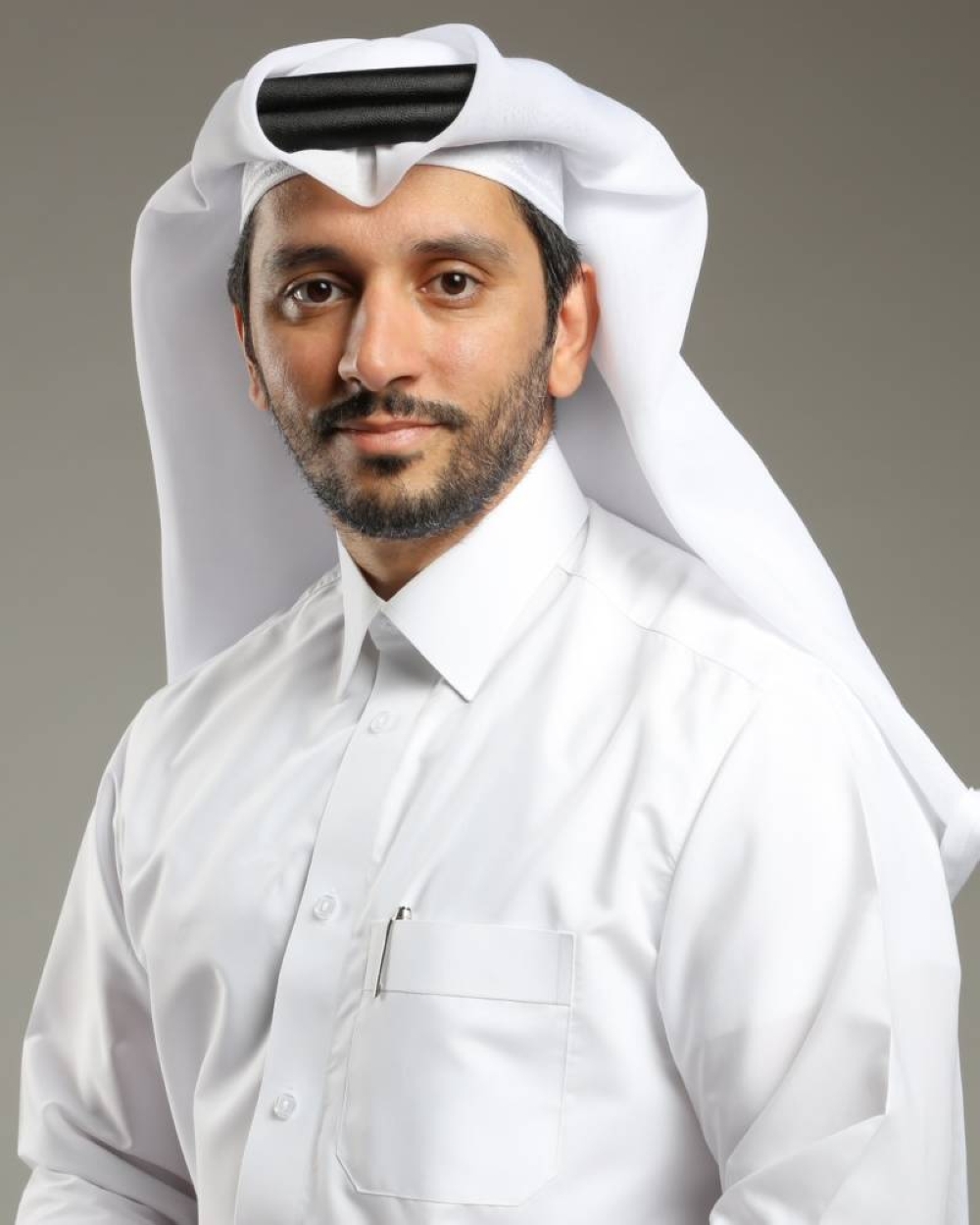Food supply and security will only rise as a priority globally. A major investment by QatarEnergy in fertiliser production could prove to be well-timed
The engineering principles behind fertilizer manufacture have changed little in the more than 100 years since the German chemist Fritz Haber developed a process for converting hydrogen and atmospheric nitrogen into ammonia, which is a stock feed for agricultural fertilisers. The industrial process was needed as deposits of natural fertilizers, such as guano, or bird droppings, were running low as populations rose.
A century on, the need is greater than ever, as the global population peaks. QatarEnergy has announced a major investment into three ammonia production lines, that will supply feedstock to four global-scale urea production trains in Mesaieed Industrial City. The new facilities will more than double Qatar’s output of urea – a fertilizer manufactured with ammonia as a feed product.
The Qatar facility will be the world’s largest manufacturing site for urea, boosting output from about 6mn tonnes per year to 12.4mn tonnes per year, Production from the new trains is expected by the end of the decade.
The investment is a smart move, for several reasons. Most obviously, food will never go out of fashion. Manufacturing ammonia and urea is an energy-intensive process, requiring high temperatures and a catalyst as atmospheric nitrogen is stable and non-reactive; Qatar has an abundance of natural gas. And it will create jobs in added-value products, helping economic diversification alongside exports of oil and gas.
Qatar has a convenient location, between Asia and Africa, not far from Europe, with deep-water shipping ports and excellent air travel links.
Export markets will likely proliferate. The conflict in Ukraine disrupted grain supplies, and exposed the dependency of many nations on importing food from the east European nation. Both Ukraine and Russia produce sizeable proportions of the global supply of maize, barley, wheat and sunflower oil.
India has a large but inefficient agricultural sector, with many small farms, but in some states there are significant modernisation initiatives. Many African countries remain reliant on food imports, however there are pan-African institutions and initiatives that seek to increase intra-African trade, including of agricultural produce, such as the Feed Africa initiative set up by the African Development Bank.
With fertiliser manufacture and use, as with any industry, there are environmental considerations.
Conventional manufacture of ammonia, known as ‘grey ammonia’, consumes considerable amounts of fossil fuels that release greenhouse gases. Much of the energy consumed is in producing the hydrogen, which is then fused with nitrogen to produce ammonia. ‘Green ammonia’ is produced with hydrogen extracted through electrolysis of water, which is a carbon-neutral process provided that renewable sources are used to generate the electricity needed. This replaces the steam-methane reforming process, which is energy- intensive. ‘Blue ammonia’ involves carbon-capture processing. In 2022 QatarEnergy and the Qatar Fertilizer Company announced a major investment in blue ammonia.
There is also concern over the leakage of nitrates from agricultural land into rivers, which can upset ecological balance and pollute sources of drinking water if concentrations are relatively high. Such leaching can be minimised with careful management. The European Union, for example, has a Nitrates Directive that includes a code of good practice.
And while there are some environmental risks with manufacturing and using nitrogen-based fertilisers, there are environmental benefits also: Any increase in agricultural productivity means that less land has to be cultivated in order to ensure food security, so more land can be preserved as wetlands or forests, which are carbon sinks.
As the global population increases, and as more people move out of poverty to become middle class, there is no doubt that food productivity, and food security, will need to be enhanced, with more countries prioritising the issue. Responsible use of synthetic fertilizers will continue to be an essential part of this global industry.
The author is a Qatari banker, with many years of experience in the banking sector in senior positions.

Fahad Badar
